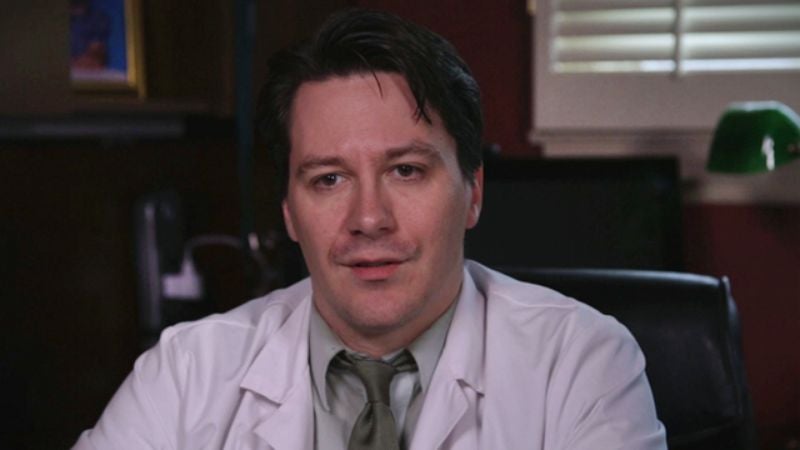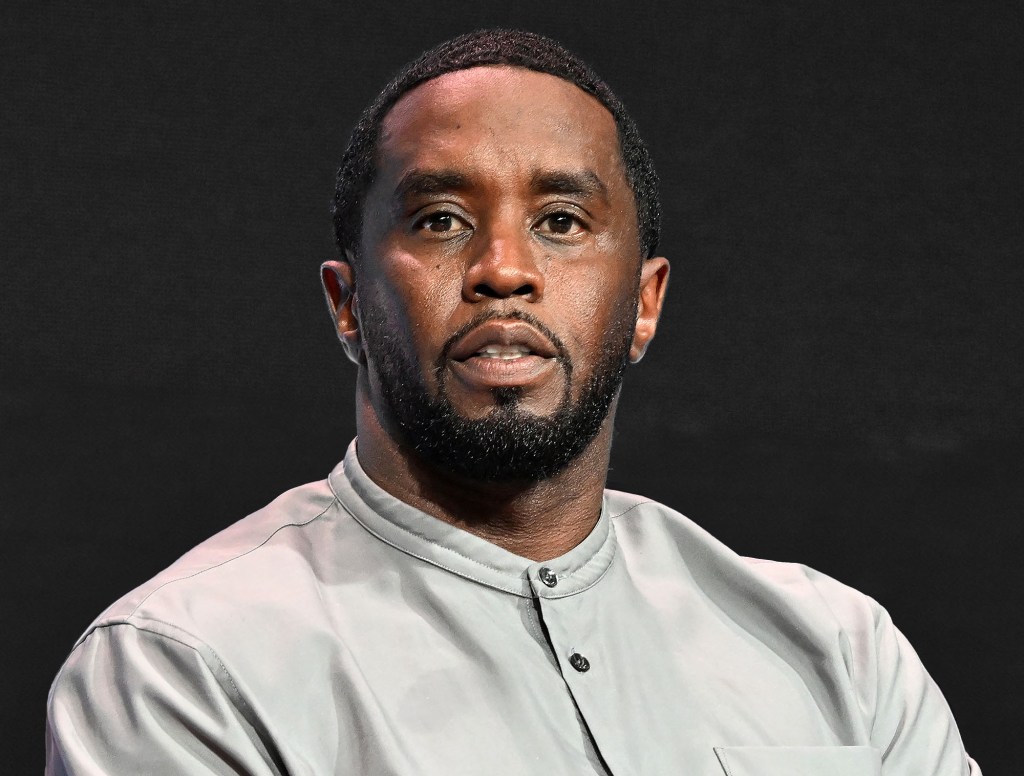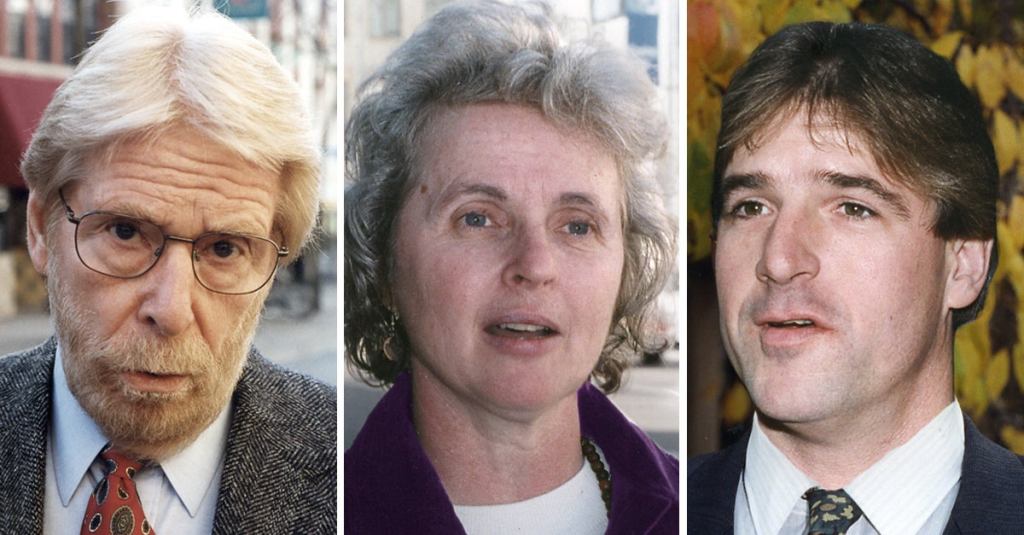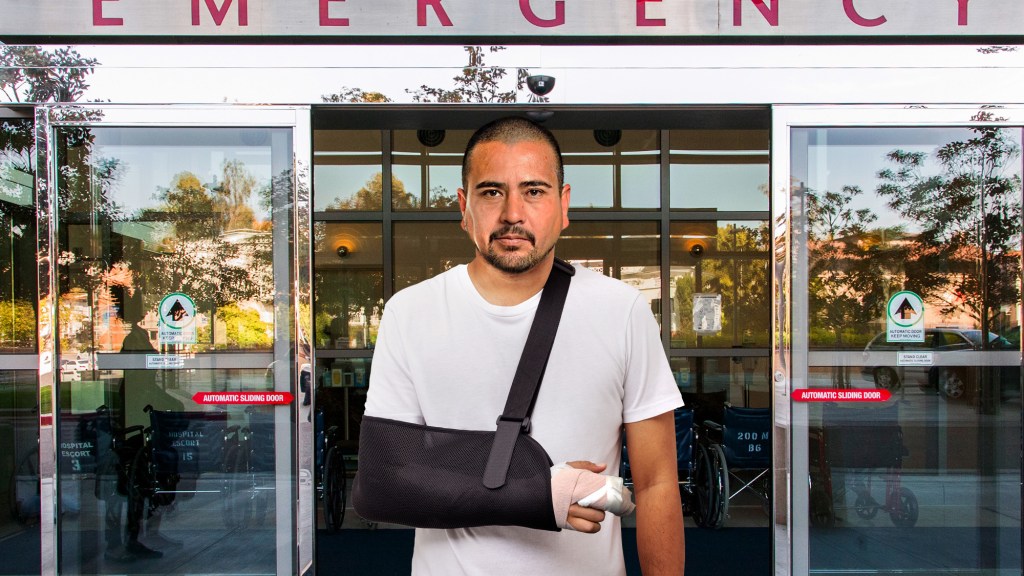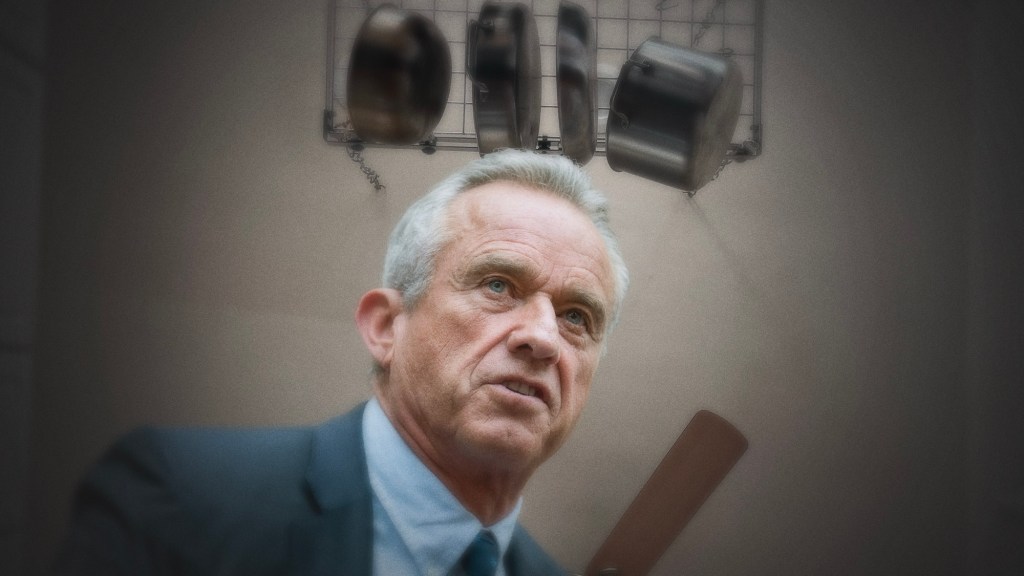MINNETONKA, MN—Saying he had witnessed up close the daily hardships endured by a young person impaired by a bland, unremarkable appearance, local doctor Daniel Barrett told reporters Wednesday how growing up with an average-looking brother inspired him to become a cosmetic surgeon.
“As a boy, I saw how my kid brother Kevin was held back every day by his mediocre looks, and I always wished I could do something to help him,” said Barrett, describing his sibling’s battle to overcome the commonplace, forgettable face he was born with. “He tried to be strong—you could see that he wanted to be just like the other, more attractive kids, but he was routinely ostracized. He knew that he was different, that he wasn’t particularly appealing physically, and he always had to work so much harder because of that. It’s heartbreaking to watch someone you love struggle with aesthetic imperfections, and that’s what made me dedicate my life to helping those who are similarly ordinary-looking.”
“No one should have to go through life without highly symmetrical facial features,” he added. “No one.”
Barrett stated that his brother suffered a difficult childhood, never developing the flawless complexion or well-defined bone structure of better-looking youths. Looking on helplessly one day as Kevin tried and failed to get the attention of an attractive girl at their high school, Barrett said he suddenly realized what kind of help his brother needed: an implant to fix his weak chin, a chemical peel to smooth over his skin blemishes, and an abdominoplasty to remove unsightly layers of excess skin and fat from his midsection. According to Barrett, at that very moment he chose to devote himself to eliminating such cosmetic shortcomings by pursuing a life of plastic surgery, laser skin resurfacing, and liposuction.
Barrett remarked that throughout his long years of medical training, whenever he encountered adversity during his studies or was plagued by personal doubts, he would often picture Kevin’s slight, undistinguished jawline and poorly proportioned ears to remind himself of the many people like his brother who were crippled by a plain appearance and in need of his assistance.
Now a practicing surgeon, Barrett is credited with saving hundreds of patients from unbalanced noses and thin, shapeless lips.
“It’s not an easy job, but when I start to feel overwhelmed by the pressure, I just look at the photo of my little brother that I keep on my desk and remember what all this is for,” said Barrett, gesturing to a framed photograph of Kevin that he says provides him with motivation every morning when he arrives at his office. “You see this smile? When I’m performing a facelift or a cheek augmentation, I think of this smile, and how just one collagen injection could soften the fine lines and wrinkles around it.”
“Some people get into this profession for the money or the prestige, but for me it’s a far more personal matter,” Barrett continued. “I do it for Kevin and all the jowled, snub-nosed people out there like him.”
Citing Kevin’s sagging brow line and dark under-eye circles as reminders of the many challenges faced by those with aesthetic deficits, Barrett admitted he often finds himself wondering how things might have been different if his brother had received proper treatment for his condition. It is his hope, he said, to give young people who are not particularly attractive the kinds of opportunities Kevin never had.
“Imagine what it must be like for the kid who dreads picture day at school and who will never go to prom with a popular girl because he lacks sharply chiseled features,” Barrett said. “I want to help that kid overcome his adversity.”
“If I can use the craft of cosmetic surgery to allow just one 15-year-old to walk out of here with rejuvenated facial skin and alluringly reshaped eyelids,” he continued, “I’ll know I’ve made a difference.”


